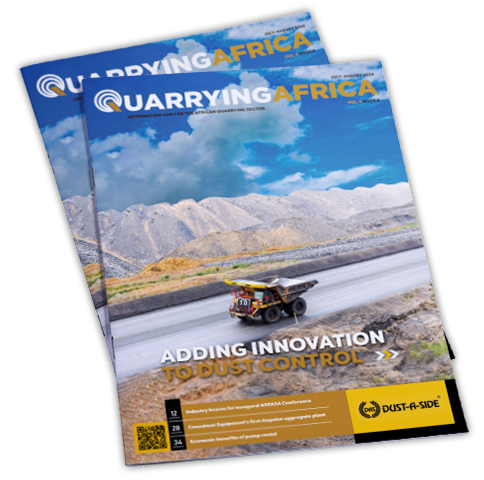Founded in 2010, the Global Aggregates Information Network (GAIN), is a voluntary non-commercial network of regional aggregates associations around the world. It now has members on six continents, and its member countries represent an impressive 80% of the world’s aggregates production (Figure 1).
New members are always welcome as GAIN continues to grow, and the purpose of this article is to attract more members from Africa. In countries where no aggregates association yet exists, company producers are welcome to join GAIN as associate members, pending the formation of a national association eligible for full GAIN membership.

The GAIN mission
The mission of GAIN is to openly share industry experiences and best practice, thus promoting greater sustainability and overall performance of the global aggregates industry. From 2010 to 2018, GAIN members met every two years, including in Cape Town in 2016 (Figure 2), hosted by ASPASA, the surface mining industry association in South Africa. The most recent physical meeting was in Barcelona in May 2018, hosted by the Spanish Aggregates Association.
Since the Covid-19 pandemic struck in 2020, GAIN members have met every two months or so, virtually, exchanging industry best practices on specific topics. The meetings and regular ongoing exchanges have created positive communications across the industry, with clear benefits to GAIN members.
One of the recent key topics was the sharing of best practices for safe working during the Covid-19 pandemic, which served not only a vital role in getting the industry quickly back to work during lockdowns, but also convinced governments of the importance of the aggregates industry to human wellbeing, sustainable employment and economic growth.
In addition, GAIN members shared responsible best practices in the extraction of sand and gravel, as well as how the industry could help phase out irresponsible extraction by illegal operators, which damages the industry’s reputation. Other topics included resource planning, improving licensing processes, skills development and training, recycling of secondary materials, as well as achieving greater industry sustainability.
All GAIN members are invited to attend these virtual meetings (which often run for about an hour). It is remarkable that, despite different international traditions and cultures, members experience similar industry challenges, but often have different solutions – hence the immense benefit of openly sharing best practice solutions. These regular virtual meetings are planned to continue, even as it is hoped to commence in-person meetings again – with the next planned for New Zealand in July 2023.
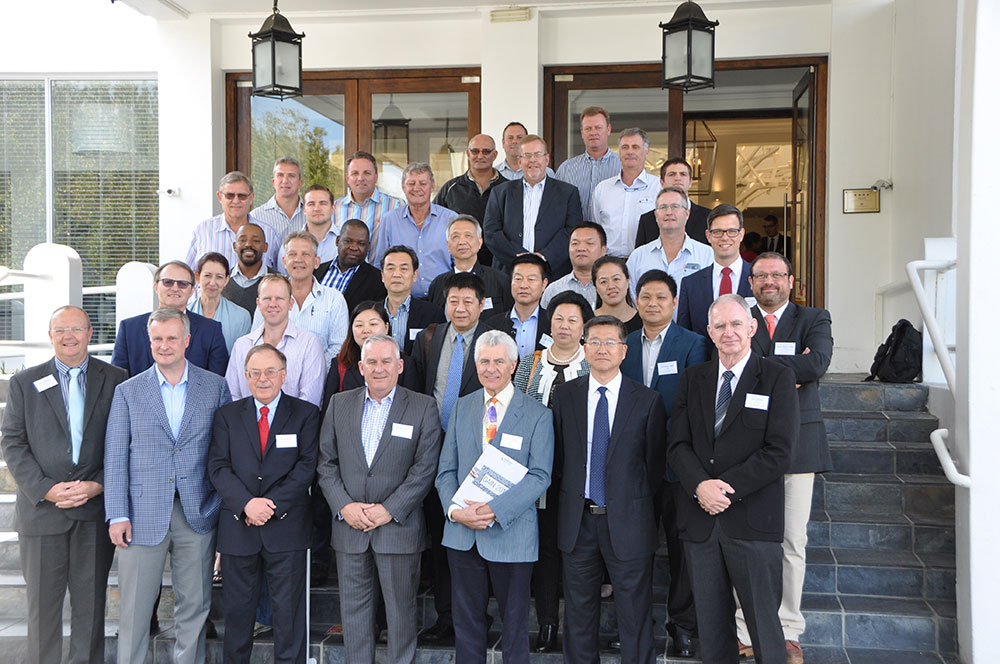
Global estimates
The Chinese Aggregates Association (CAA) is by far the largest member of GAIN, with the national 2021 production reported at close to 20-billion tonnes (bnt). India, represented by the Mining Engineers’ Association of India (MEAI), has the second-largest national production of about 5 bnt. The market is recovering from the drop in production caused by the pandemic.
The third-largest member is the European Aggregates Association (UEPG), with a total annual production of 3 bnt. This is followed by the United States’ National Stone, Sand and Gravel Association (NSSGA), with a production close to 2,5 bnt.
Together with other bodies from across the world, GAIN members’ global production capacity is about 33 bnt. With production for all other non-GAIN countries estimated at 9 bnt, the total global aggregates production for 2021 was about 42 bnt (see Figure 3).

Africa’s growth potential
South Africa – through ASPASA – is currently the only GAIN member in Africa. National production in the country is estimated at 155-million tonnes (Mt), which equates to about 3 tonnes per capita (t/c). No precise data is available yet for the rest of the continent, but this could be estimated at around 3 bnt, based on a population of 1,3-billion people and an average consumption of about 2,4 t/c, a typical figure for the early stages of economic development.
It should be noted that Africa’s population is close to that of India and China, yet aggregates demand is only a fraction of the two global powerhouses. This underlines the immense growth potential for the aggregates industry in Africa in the years ahead, driven by the huge need for infrastructure, housing and social facilities, underpinned by the continent’s population growth.
It is quite remarkable that, at a global level, the aggregates industry is still highly fragmented, with the top 20 players combined producing less than 5% of global production. The other 95% consists of small and medium-sized enterprises (SMEs), for which accurate data collection is very challenging. Because of this highly fragmented industry structure, national associations can promote industry development and consolidation, and also provide a strong unified voice to support the industry in front of all its stakeholders.
ASPASA
In South Africa, the highly successful association, ASPASA (www.ASPASA.co.za), is the voice of the surface mining industry, representing not only the aggregates sector, but also the salt, ash, coal and clay brick industries, as well as machinery suppliers.
Membership ensures support at local, regional and national levels. Its comprehensive range of services include support on health and safety updates, legal compliance, government liaison, engineering and technical challenges, environmental updates, training and skills development including workforce diversity and inclusion, as well as international liaison.
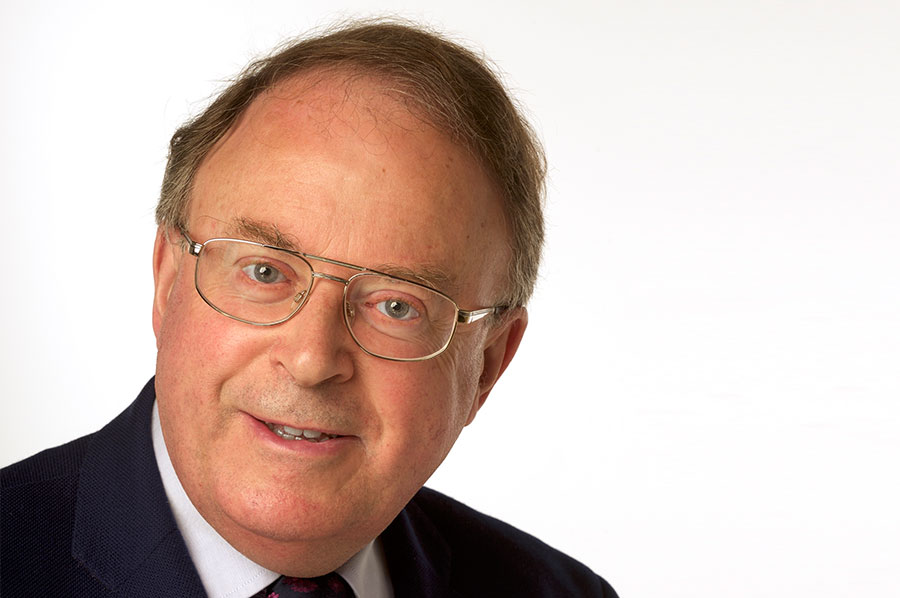
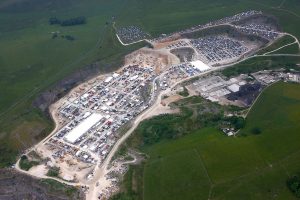
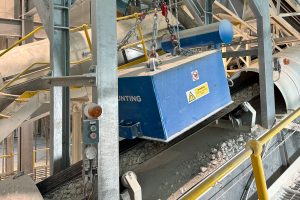


![Data from the World Risk Poll shows that one in five (21%) people in mining and quarrying occupations have experienced harm at work in the past two years. [Photo by Shane McLendon on Unsplash]](https://quarryingafrica.com/wp-content/uploads/2024/10/shane-mclendon-89hUOLtVfoI-unsplash-300x225.jpg)
